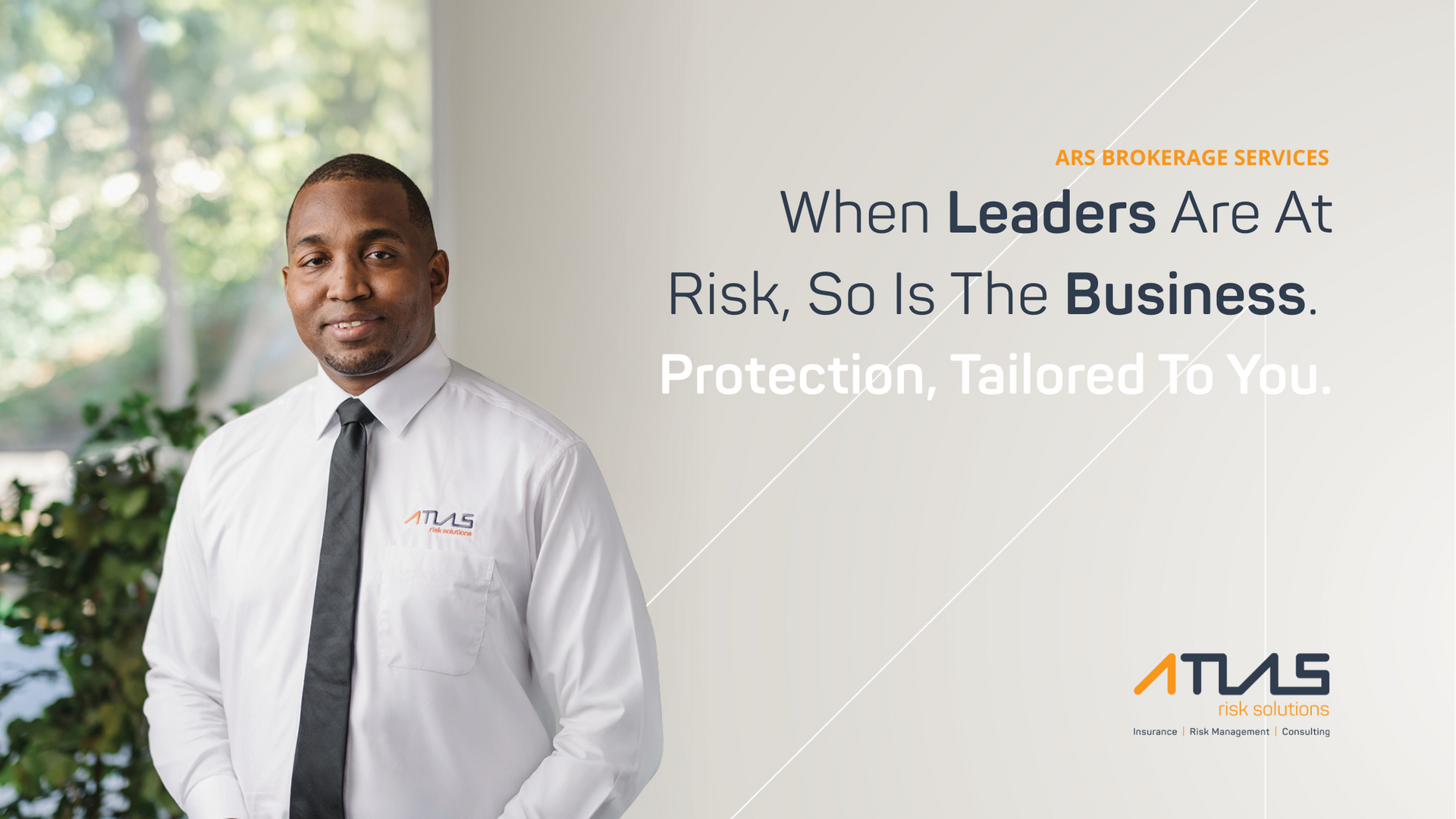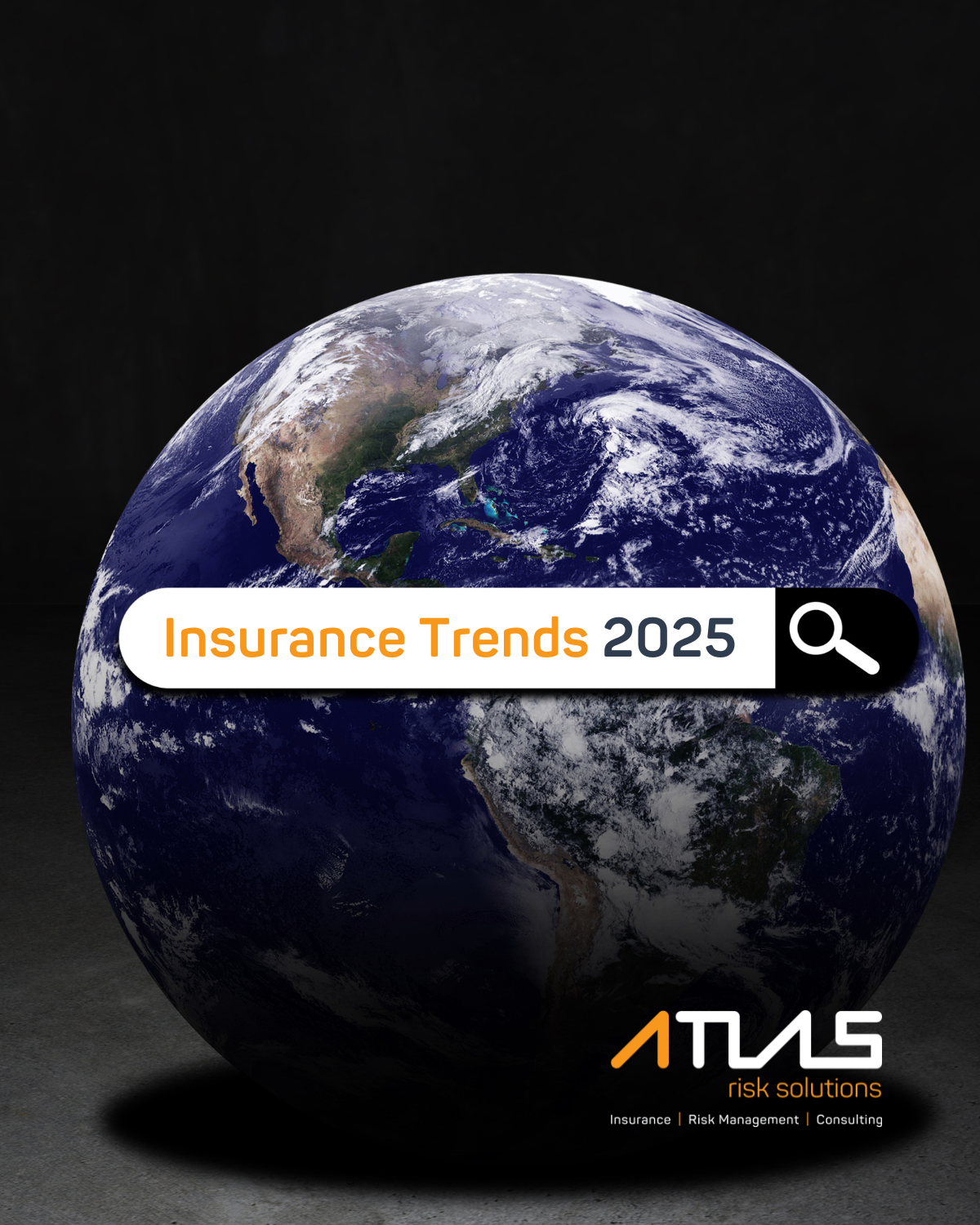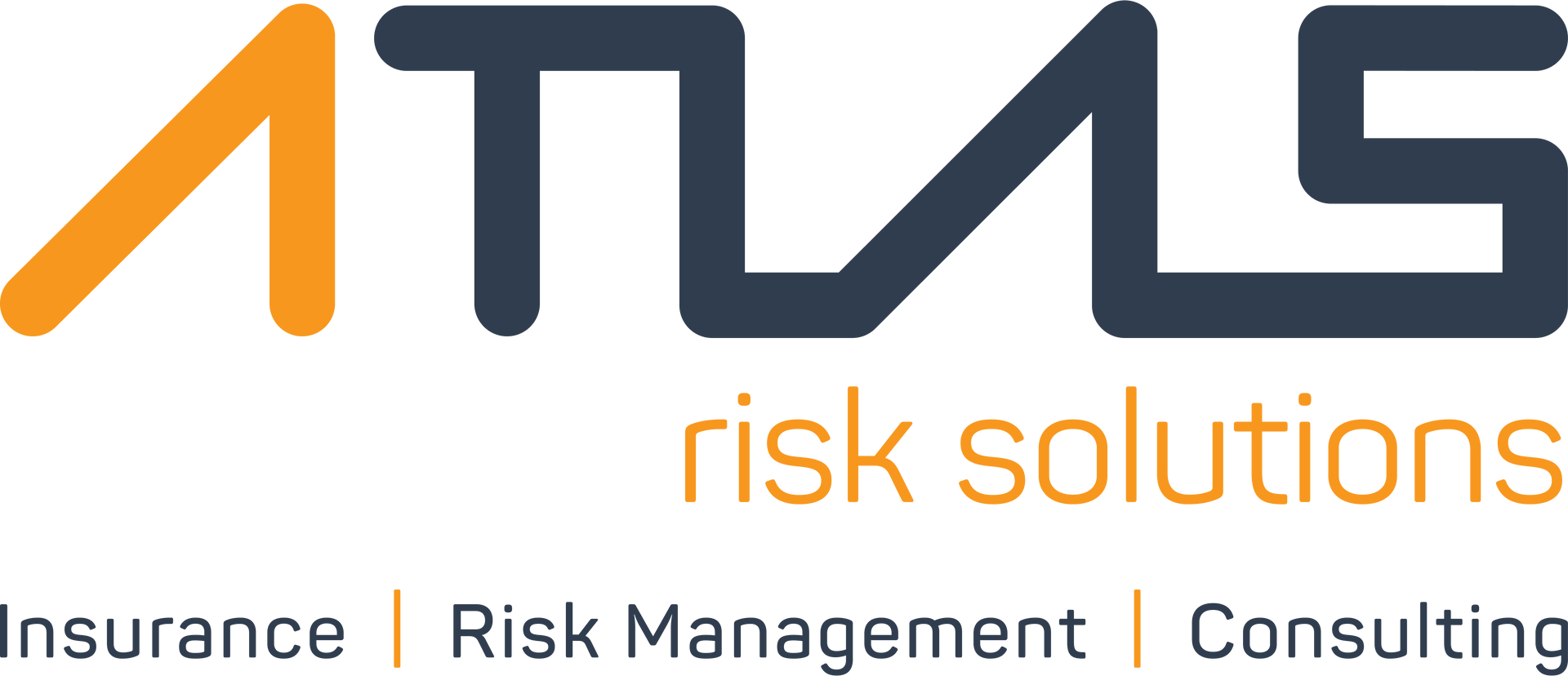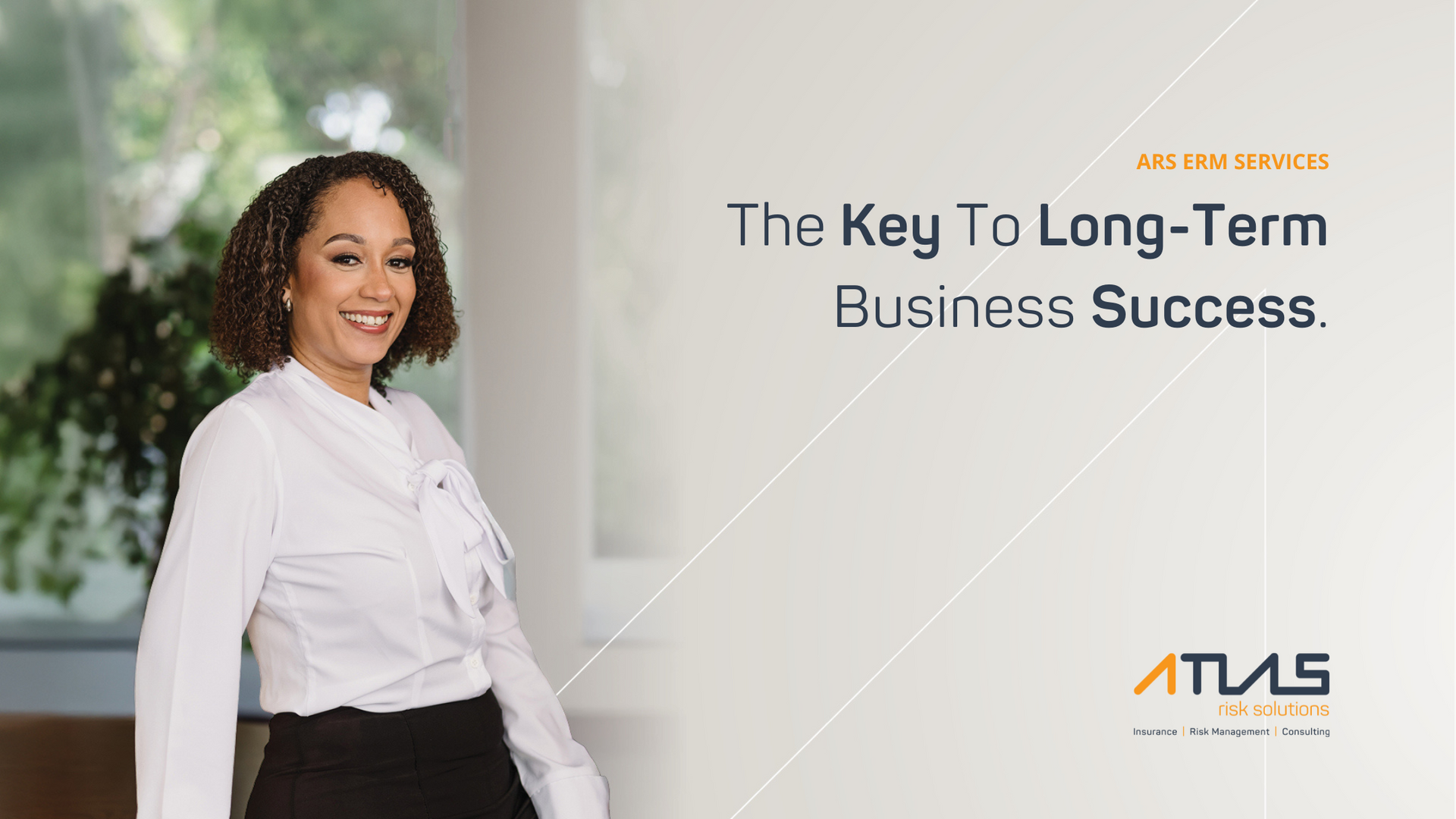Why Every Business Needs Directors and Officers (D&O) Insurance.

Protecting Leadership, Safeguarding Success
Running a business comes with significant responsibilities, especially for directors and officers who make critical decisions every day. While their leadership drives the company forward, it also exposes them to potential risks, including legal claims that could impact their personal assets. Directors and Officers (D&O) Insurance is designed to protect these key decision-makers, ensuring that they can lead with confidence and security.
What Is D&O Insurance?
D&O Insurance offers crucial financial protection not only for a company’s directors, officers, and senior executives in the event they are personally sued for alleged wrongful acts in the course of managing the company (legal costs, settlements, etc.), but also for the company itself when it is named in such claims.
Who Does
D&O Insurance Protect?
- Directors & Officers – Individuals in leadership roles who make high-level business decisions.
- Company Executives – Those involved in governance, compliance, and corporate strategy.
- The Business Itself – Many policies also extend protection to the organization when it indemnifies its executives or faces claims directly.
Why Is D&O Insurance Essential?
- Protection Against Legal Claims
Businesses operate in a highly regulated environment, and executives can face lawsuits from employees, shareholders, regulators, and even customers. Claims may arise from allegations of mismanagement, breach of fiduciary duty, regulatory violations, or employment-related issues. - Attracting & Retaining Top Talent
Skilled leaders are more likely to join and stay with companies that offer protection against personal liability. D&O insurance provides peace of mind, making leadership roles more appealing. - Safeguarding Personal Assets
Without D&O insurance, executives may have to cover legal expenses and settlements out of their own pockets. This policy ensures that their personal wealth remains protected. - Investor & Stakeholder Confidence
Investors, board members, and financial backers expect businesses to have strong risk management practices, including D&O coverage. It reassures them that leadership can operate effectively without the fear of personal liability. - Crisis & Reputation Management
Even unfounded claims can be costly and time-consuming. D&O insurance helps manage legal and public relations expenses, ensuring the company and its leaders maintain their reputation and credibility.
Final Thoughts
No matter the size or industry, every business with a leadership team should consider D&O Insurance as an essential part of their risk management strategy. It not only protects the individuals who shape the company’s future but also strengthens the organization as a whole. In today’s litigious business landscape, having the right coverage is not just a precaution; it’s a necessity.
Are you ready to protect your leadership team? Contact us today to explore tailored D&O Insurance solutions that fit your business needs.
📩 business@atlasrisksolutions.com




